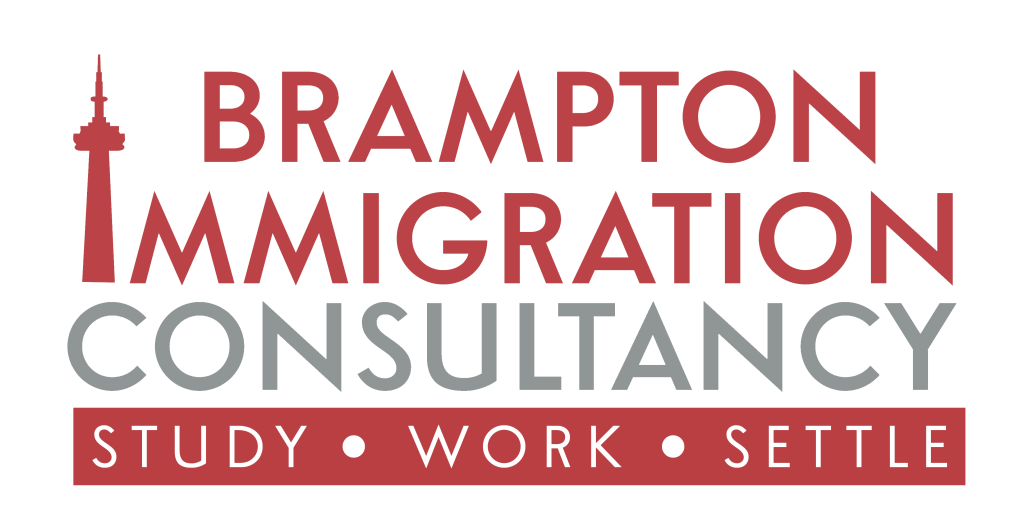LMIA SUPPORTED
WORK PERMIT
LABOUR MARKET IMPACT ASSESSMENT
To hire a temporary foreign worker (TFW) in Canada through the Temporary Foreign Worker Program (TFWP), companies must request a Labour Market Impact Assessment (LMIA) from Employment and Social Development Canada (ESDC). This crucial document assesses the potential impact of hiring a foreign worker on the Canadian labor market.
Approval Process:
In most cases, Canadian employers must secure government approval before hiring a foreign worker. This step ensures that qualified Canadians are unavailable for the job. Employers need to provide evidence of attempts to recruit Canadian citizens or permanent residents for the position. Government officials may conduct inspections to verify compliance.
Components of a Successful LMIA Application:
For a successful LMIA application, employers should include:
Legitimacy Documents:
– Proving the legitimacy of the business and job offer.
Recruitment Efforts:
– Demonstrating efforts to recruit Canadian citizens or permanent residents.
– Offering wages consistent with regional standards.
– Complying with provincial labor market standards for working conditions.
– Highlighting potential benefits to the Canadian labor market, such as job creation or skills transfer.
– Providing transition plans for high-wage positions, showcasing increased efforts to hire Canadians in the long term.
Positive LMIA Outcome:
A positive LMIA indicates the need for a foreign worker for the job and confirms the unavailability of Canadian workers. With a positive LMIA, the foreign worker can proceed to apply for a work permit.
ESDC Oversight:
Recruitment and Advertisement:
Employers must conduct recruitment efforts before hiring a Temporary Foreign Worker (TFW). Minimum requirements include:
– Advertising on the Government of Canada’s Job Bank.
– Two additional recruitment methods consistent with the occupation.
Acceptable Recruitment Methods:
Methods include general employment websites, online classified websites, specialized occupational websites, newspapers, newsletters, job fairs, professional recruitment agencies, and more.
Wages for TFWs:
Wages for TFWs should align with those paid to Canadian and permanent resident employees in similar roles, considering skills and experience.
Listed Prioritized Occupations:
– Specialists in clinical and laboratory medicine
– General practitioners and family physicians
– Pharmacists
– Registered nurses and psychiatric nurses
– Nurse practitioners
– Physician assistants, midwives, and allied health professionals
– Licensed practical nurses
– Respiratory therapists and cardiopulmonary technologists
– Medical laboratory technologists and technicians
– Butchers, meat cutters, fishmongers
– Light-duty cleaners
– Agricultural service contractors, farm supervisors
– Specialized livestock workers, farm machinery operators
– Livestock and harvesting laborers
– Industrial butchers, meat cutters, seafood plant workers
– Labourers in food and beverage, fish and seafood processing
New Employers:
Employers without TFW employment in the past 6 years face a review. They must demonstrate a workplace free of abuse and no affiliation with ineligible employers.
A Workplace Free of Abuse Includes:
– Proactive efforts to prevent workplace abuse.
– Reactive measures taken to stop abuse.
Affiliation Criteria:
An affiliate includes an employer controlled by another employer, whether under common control or not operated at arm’s length.
